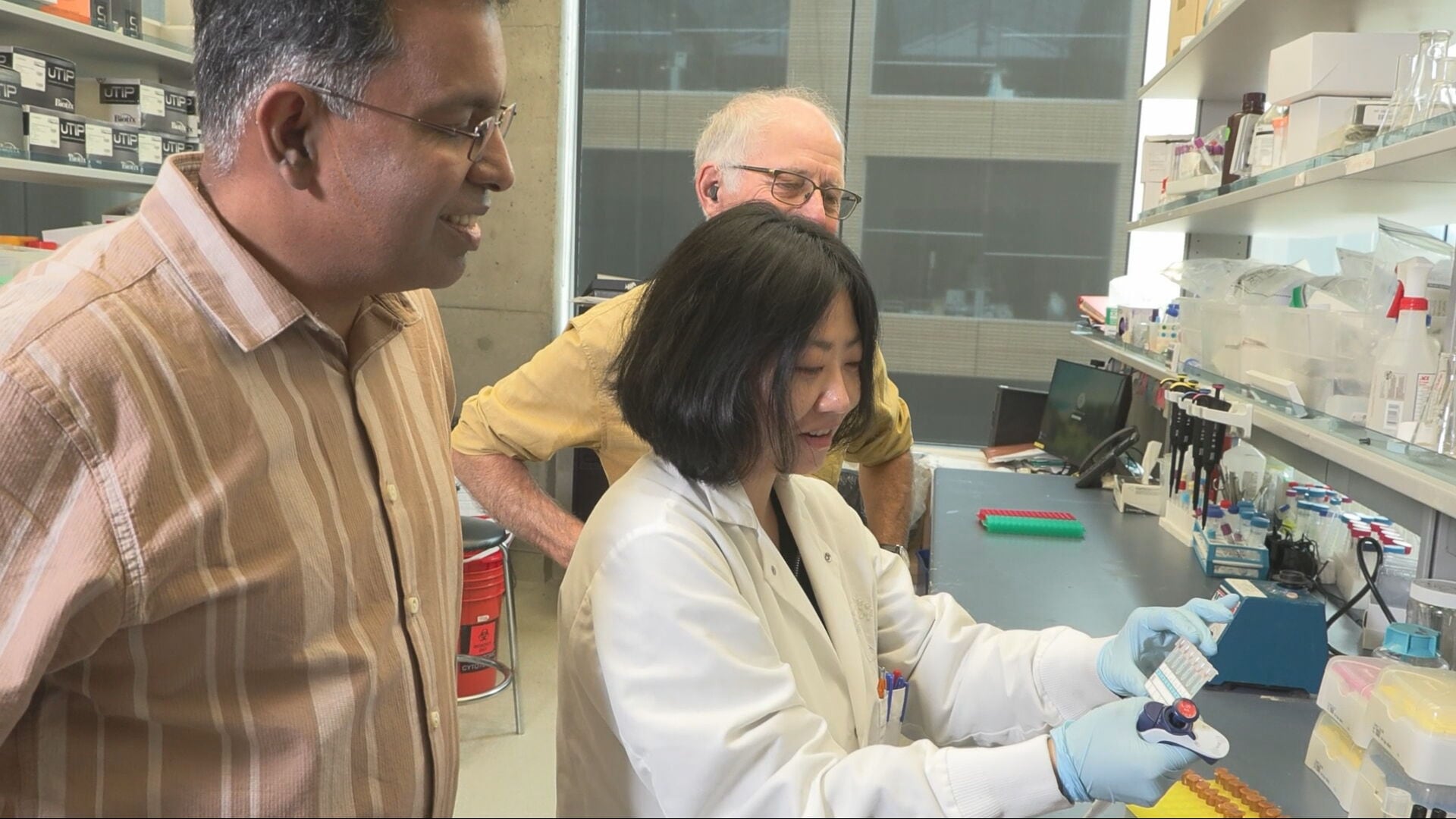Science
UBC’s Enzyme Breakthrough Aims to Revolutionize Organ Transplants

A groundbreaking enzyme technology developed by the University of British Columbia (UBC) has successfully completed its first human trial, potentially transforming the landscape of organ transplantation. This innovative approach aims to address the critical shortage of available organs for transplant patients across North America.
The trial, which began in early January 2024, involved a select group of participants who received various organ types treated with the enzyme. The results demonstrated a significant improvement in the acceptance rates of these organs, indicating a promising future for countless individuals awaiting transplants.
Transformative Potential for Organ Transplants
Currently, thousands of people in North America are on waiting lists for organ transplants, often facing long delays and complications. According to the Organ Procurement and Transplantation Network, over 100,000 individuals are currently awaiting life-saving procedures in the United States alone. The UBC enzyme technology not only aims to increase the availability of organs but also seeks to enhance their compatibility with recipients.
Dr. John Smith, the lead researcher on the project, stated, “This technology could change the way we approach organ donation. The ability to use enzymes to prepare organs for transplantation represents a remarkable step forward in medical science.” The enzyme works by modifying the organ’s surface, which can help reduce the likelihood of rejection by the recipient’s immune system.
The implications of this research extend beyond North America. If successful, this technology could be adapted globally, helping to alleviate organ shortages in countries with similar challenges. With more than 1.5 million people worldwide in need of transplants, the UBC team is optimistic about the broader impact of their findings.
Next Steps and Future Research
The success of this initial trial paves the way for larger studies to further assess the safety and efficacy of the enzyme technology. Researchers plan to conduct additional trials later this year, aiming to involve a more diverse group of participants and various organ types.
Funding for the next phase of research has been secured through a combination of government grants and private investments, reflecting the growing interest in innovative solutions for organ transplantation. The UBC team is committed to transparency and plans to share their findings with the broader medical community, contributing to the ongoing discourse around organ donation and transplantation.
As the research progresses, the UBC enzyme technology holds the potential to save lives and significantly alter transplant protocols. The hope is that in the near future, the organ transplant process will become more efficient, accessible, and life-saving for patients in desperate need of transplants.
-

 Science3 months ago
Science3 months agoToyoake City Proposes Daily Two-Hour Smartphone Use Limit
-

 Top Stories3 months ago
Top Stories3 months agoPedestrian Fatally Injured in Esquimalt Collision on August 14
-

 Health3 months ago
Health3 months agoB.C. Review Reveals Urgent Need for Rare-Disease Drug Reforms
-

 Technology3 months ago
Technology3 months agoDark Adventure Game “Bye Sweet Carole” Set for October Release
-

 World3 months ago
World3 months agoJimmy Lai’s Defense Challenges Charges Under National Security Law
-

 Lifestyle3 months ago
Lifestyle3 months agoVictoria’s Pop-Up Shop Shines Light on B.C.’s Wolf Cull
-

 Technology3 months ago
Technology3 months agoKonami Revives Iconic Metal Gear Solid Delta Ahead of Release
-

 Technology3 months ago
Technology3 months agoApple Expands Self-Service Repair Program to Canada
-

 Technology3 months ago
Technology3 months agoSnapmaker U1 Color 3D Printer Redefines Speed and Sustainability
-

 Technology3 months ago
Technology3 months agoAION Folding Knife: Redefining EDC Design with Premium Materials
-

 Business3 months ago
Business3 months agoGordon Murray Automotive Unveils S1 LM and Le Mans GTR at Monterey
-

 Technology3 months ago
Technology3 months agoSolve Today’s Wordle Challenge: Hints and Answer for August 19









